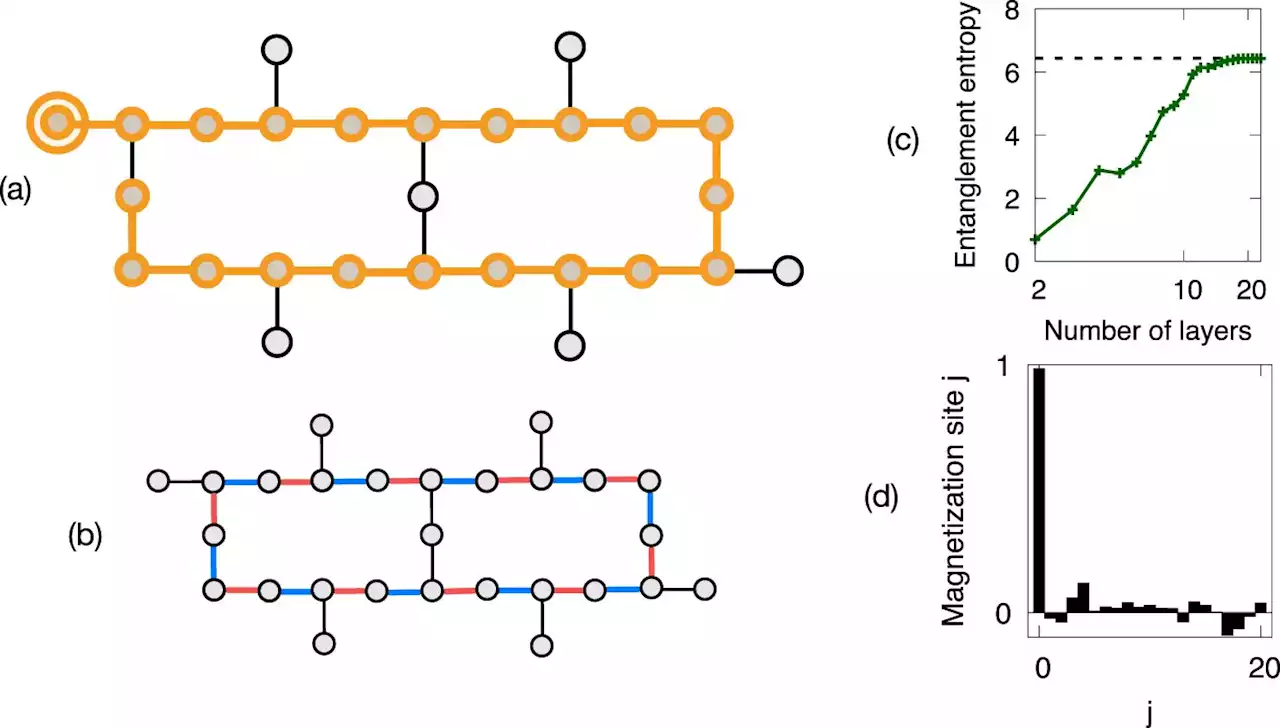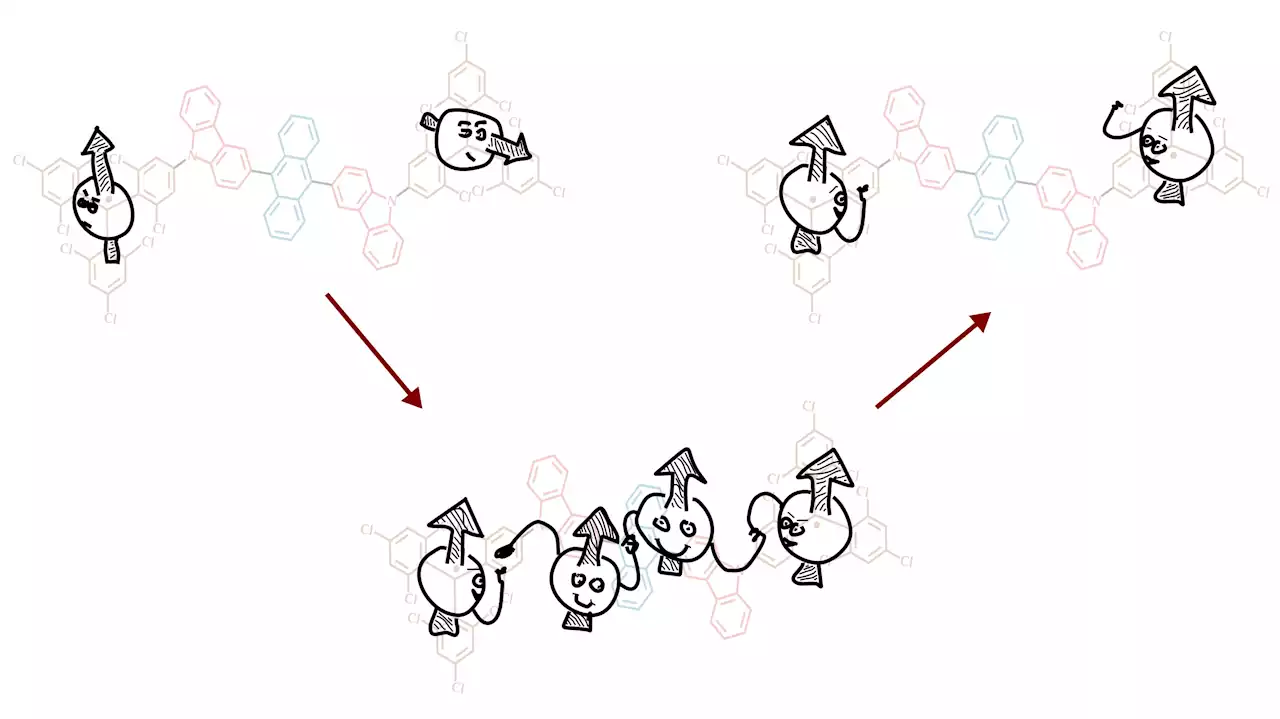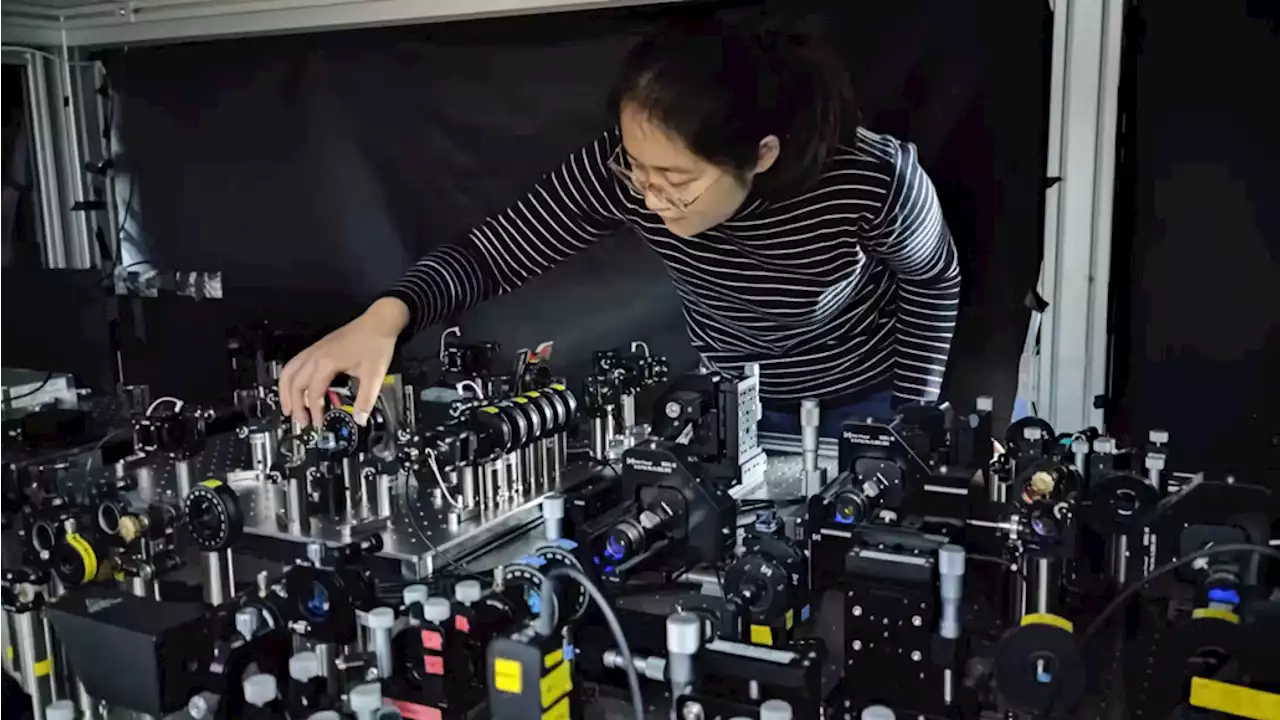Quantum theory based only on real numbers fails to explain the results of two new experiments.
In this plan, researchers would send pairs of entangled particles from two different sources to three different people, named according to conventional physics lingo as Alice, Bob and Charlie. Alice receives one particle, and can measure it using various settings that she chooses. Charlie does the same. Bob receives two particles and performs a special type of measurement to entangle the particles that Alice and Charlie receive.
Fan and colleagues performed such an experiment using photons, or particles of light, they report in a paper to be published in. By studying how Alice, Charlie and Bob’s results compare across many measurements, Fan, Navascués and colleagues show that the data could be describedAnother team of physicists conducted an experiment based on the same concept using a quantum computer made with superconductors, materials which conduct electricity without resistance.
But the results don’t rule out all theories that eschew imaginary numbers, notes theoretical physicist Jerry Finkelstein of Lawrence Berkeley National Laboratory in California, who was not involved with the new studies. The study eliminated certain theories based on real numbers, namely those that still follow the conventions of quantum mechanics. It’s still possible to explain the results without imaginary numbers by using a theory that breaks standard quantum rules.
Despite the caveat, other physicists agree that the quandaries raised by the new findings are compelling. “I find it intriguing when you ask questions about why is quantum mechanics the way it is,” says physicist Krister Shalm of the National Institute of Standards and Technology in Boulder, Colo. Asking whether quantum theory could be simpler or if it contains anything unnecessary, “these are very interesting and thought-provoking questions.
United States Latest News, United States Headlines
Similar News:You can also read news stories similar to this one that we have collected from other news sources.
 Quantum simulation reveals the secrets of superdiffusionTrinity and IBM Dublin simulate superdiffusion on a quantum computer, marking a milestone in quantum physics.
Quantum simulation reveals the secrets of superdiffusionTrinity and IBM Dublin simulate superdiffusion on a quantum computer, marking a milestone in quantum physics.
Read more »
 Research team simulates super diffusion on a quantum computerTrinity's quantum physicists in collaboration with IBM Dublin have successfully simulated super diffusion in a system of interacting quantum particles on a quantum computer.
Research team simulates super diffusion on a quantum computerTrinity's quantum physicists in collaboration with IBM Dublin have successfully simulated super diffusion in a system of interacting quantum particles on a quantum computer.
Read more »
 Scientists can now explain why quantum 'strange metals' defy theoryStrange metals have baffled scientists since their discovery. Now, theorists have finally come up with an explanation.
Scientists can now explain why quantum 'strange metals' defy theoryStrange metals have baffled scientists since their discovery. Now, theorists have finally come up with an explanation.
Read more »
 Switching 'spin' on and off (and up and down) in quantum materials at room temperatureResearchers have found a way to control the interaction of light and quantum 'spin' in organic semiconductors, that works even at room temperature.
Switching 'spin' on and off (and up and down) in quantum materials at room temperatureResearchers have found a way to control the interaction of light and quantum 'spin' in organic semiconductors, that works even at room temperature.
Read more »
 Unlocking chaos: Ultracold quantum gas reveals insights into wave turbulenceIn the intricate realm of wave turbulence, where predictability falters and chaos reigns, new research explores the heart of wave turbulence using an ultracold quantum gas. The study reveals new insights that could advance our understanding of non-equilibrium physics and have significant implications for various fields.
Unlocking chaos: Ultracold quantum gas reveals insights into wave turbulenceIn the intricate realm of wave turbulence, where predictability falters and chaos reigns, new research explores the heart of wave turbulence using an ultracold quantum gas. The study reveals new insights that could advance our understanding of non-equilibrium physics and have significant implications for various fields.
Read more »
 Switching 'spin' on and off (and up and down) in quantum materials at room temperature -- ScienceDailyResearchers have found a way to control the interaction of light and quantum 'spin' in organic semiconductors, that works even at room temperature.
Switching 'spin' on and off (and up and down) in quantum materials at room temperature -- ScienceDailyResearchers have found a way to control the interaction of light and quantum 'spin' in organic semiconductors, that works even at room temperature.
Read more »
